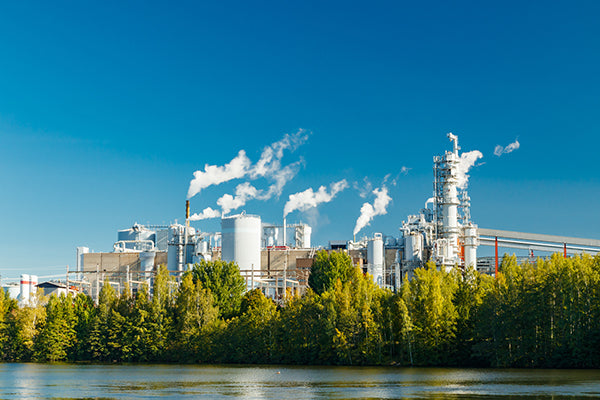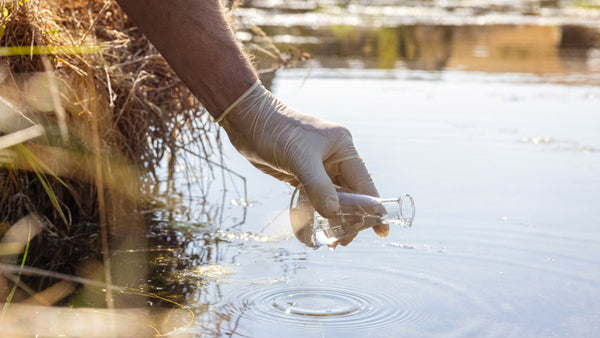Why Recycled Paper Triumphs Over Virgin Paper

In an era marked by heightened environmental awareness and a collective push towards sustainable practices, the choice between recycled paper and virgin paper has never been more consequential. As individuals, businesses, and industries seek eco-friendly alternatives, the merits of recycled paper become increasingly evident. In this article, we delve into the six compelling reasons why recycled paper takes the lead over its virgin counterpart.
Conservation of Natural Resources
The production of virgin paper entails the extraction of timber from forests, resulting in deforestation and habitat destruction. On the other hand, recycled paper reduces the demand for fresh wood pulp, helping to conserve forests and preserve biodiversity. Opting for recycled paper contributes to the protection of valuable ecosystems and the species that call them home.
Energy and Water Savings

Creating virgin paper requires a significant amount of energy and water, contributing to resource depletion and greenhouse gas emissions. Recycled paper production, however, consumes considerably less energy and water. Studies indicate that producing recycled paper can lead to energy savings of up to 60% and water savings of around 50%, further underscoring its environmental advantages.
Reduction of Greenhouse Gas Emissions
The production of virgin paper generates substantial carbon dioxide emissions, exacerbating climate change. Recycled paper, by contrast, significantly reduces greenhouse gas emissions by decreasing the need for energy-intensive processes and minimizing reliance on fossil fuels. Opting for recycled paper contributes to mitigating the impact of climate change and advancing global sustainability goals.
Waste Reduction and Landfill Diversion
The disposal of paper waste in landfills contributes to methane emissions, a potent greenhouse gas. Recycled paper mitigates this issue by diverting paper waste from landfills and channeling it back into the production cycle. By choosing recycled paper, you directly contribute to waste reduction and minimize the environmental burden of landfill operations.
Preservation of Water Quality

The paper manufacturing process involves various chemicals and pollutants that can contaminate water bodies, posing a threat to aquatic life and human health. Recycled paper production significantly reduces the discharge of harmful chemicals into waterways, thereby preserving water quality and the ecosystems that depend on it.
Promotion of Circular Economy
Opting for recycled paper supports the principles of a circular economy, where materials are continuously reused, reducing the need for new resource extraction. By choosing recycled paper, you actively participate in a sustainable cycle that conserves resources, minimizes waste, and promotes responsible consumption.
In the grand scheme of environmental stewardship, the choice between recycled paper and virgin paper carries profound implications. Recycled paper emerges as a clear champion, boasting benefits that encompass conservation of natural resources, energy and water savings, greenhouse gas emission reduction, waste diversion, water quality preservation, and the promotion of a circular economy. As businesses and individuals alike strive for more sustainable practices, embracing recycled paper becomes a powerful action towards a greener and more sustainable future. By making the conscious decision to prioritize recycled paper, you contribute to the preservation of our planet and leave a positive imprint for generations to come.
